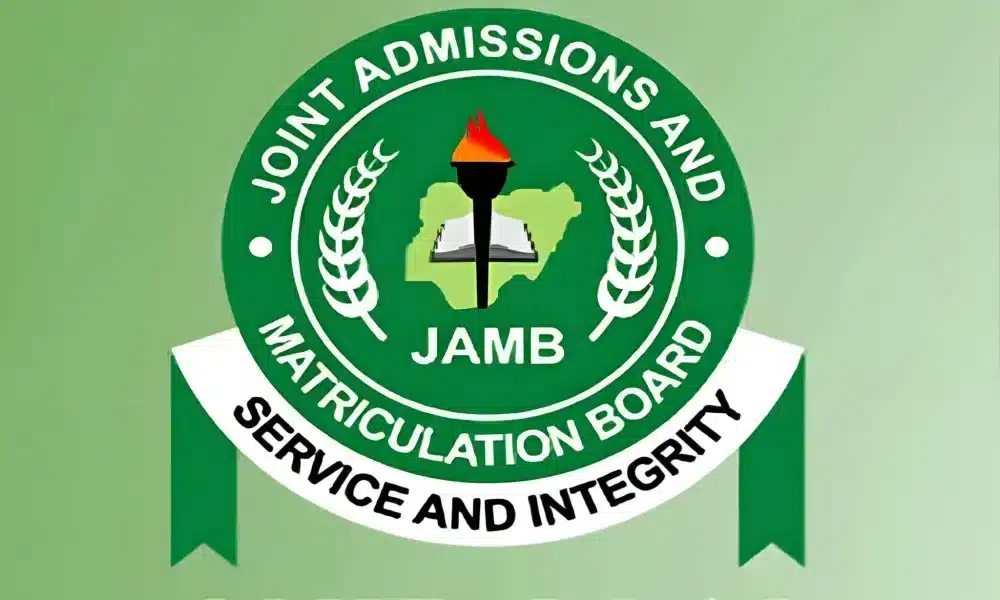The Joint Admissions and Matriculation Board (JAMB) has ordered an urgent and comprehensive review of the 2025 Unified Tertiary Matriculation Examination (UTME), following an unprecedented wave of complaints from candidates, parents, and education stakeholders over alleged technical failures, incomplete questions, and widespread low scores.
The directive, issued over the weekend, marks an extraordinary deviation from the Board’s tradition of conducting such reviews months after the examination cycle.
In a statement signed by Fabian Benjamin, JAMB’s Public Communication Advisor, the Board admitted that it had received an “unusual volume of complaints” since the release of this year’s UTME results last Friday, prompting an accelerated review process.
According to Benjamin, the Board is particularly concerned about the concentration of complaints emerging from certain states, with candidates alleging system crashes, unanswered questions due to software issues, and discrepancies between what was attempted and what was marked.
“We are currently scrutinising these complaints in detail to identify and rectify any potential technical issues,” the statement read.
To ensure a credible and independent audit, JAMB announced the involvement of external professionals and institutions in the review process.
These include members of the Computer Professionals Association of Nigeria, Chief External Examiners drawn from the leadership of tertiary institutions, the Educational Assessment and Research Network in Africa, measurement experts, and university vice-chancellors.
“If it is determined that there were indeed glitches, we will implement appropriate remedial measures promptly, as we do in the case of the examinations themselves,” Benjamin assured.
The development follows growing agitation across the country over the performance statistics released by JAMB, which revealed that over 1.5 million of the 1.9 million candidates scored below 200 out of a possible 400, a performance level that has triggered widespread disbelief and uproar.
The hashtag #ThisIsNotMyResult has since trended across social media platforms, as frustrated candidates and their guardians demand answers from the examination body.
Some candidates claim their exam sessions were interrupted by software errors and erratic question display patterns, further fuelling public suspicion that the problem may not lie with student performance but with the exam’s technical integrity.
In a further twist, reports emerged over the weekend that groups of affected candidates are mobilising for a class-action lawsuit against JAMB, citing irregularities and damages suffered as a result of the alleged technical breakdowns.
Despite the backlash, the Minister of Education, Dr. Tunji Alausa, appeared on Channels Television’s The Morning Brief last week to defend the examination body, attributing the mass failure to JAMB’s increasingly robust anti-malpractice systems. He praised the computer-based testing model, saying it had rendered cheating “nearly impossible” and called for its extension to other examination bodies, including WAEC and NECO.
Similarly, JAMB Registrar, Prof. Is-haq Oloyede, dismissed the outrage as exaggerated. He noted that low performance statistics were not unique to 2025 and had occurred in past examination years.
Nevertheless, the pressure on JAMB is mounting, with calls from civil society, education professionals, and legislators for transparency, fairness, and a thorough investigation into what many now describe as a “crisis of credibility” in Nigeria’s tertiary admission process


